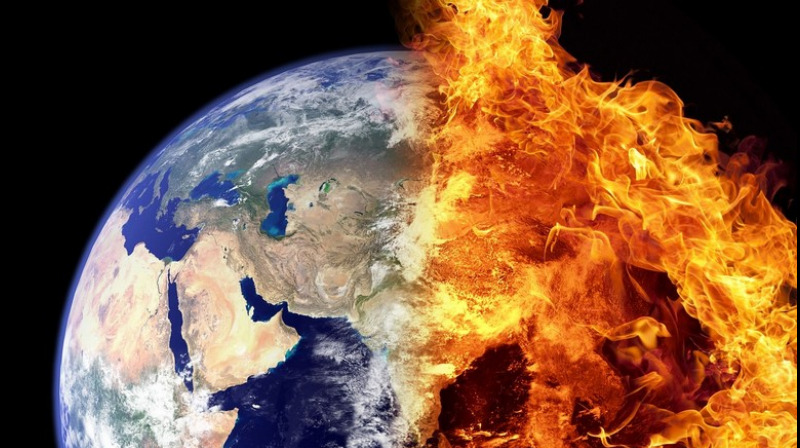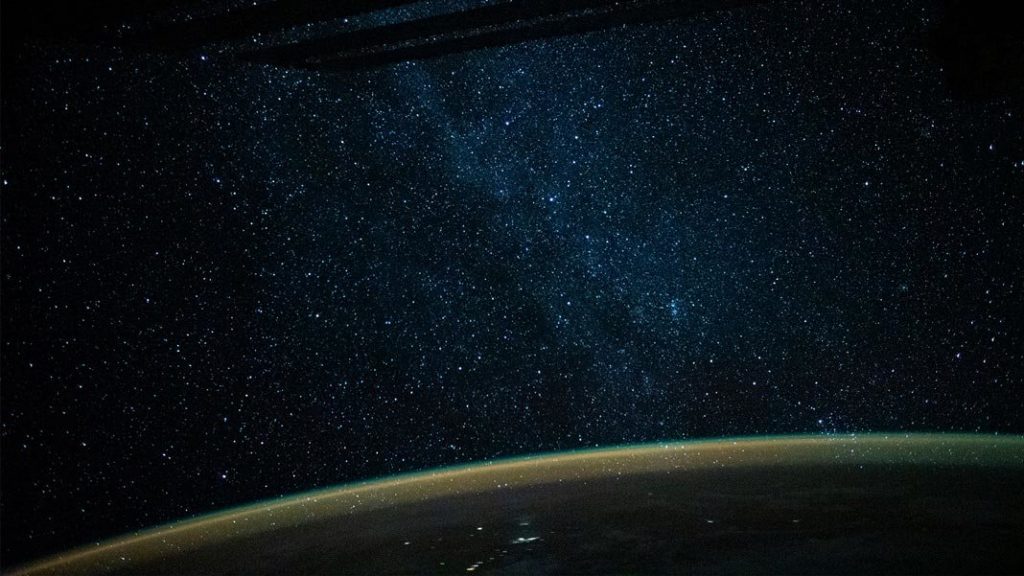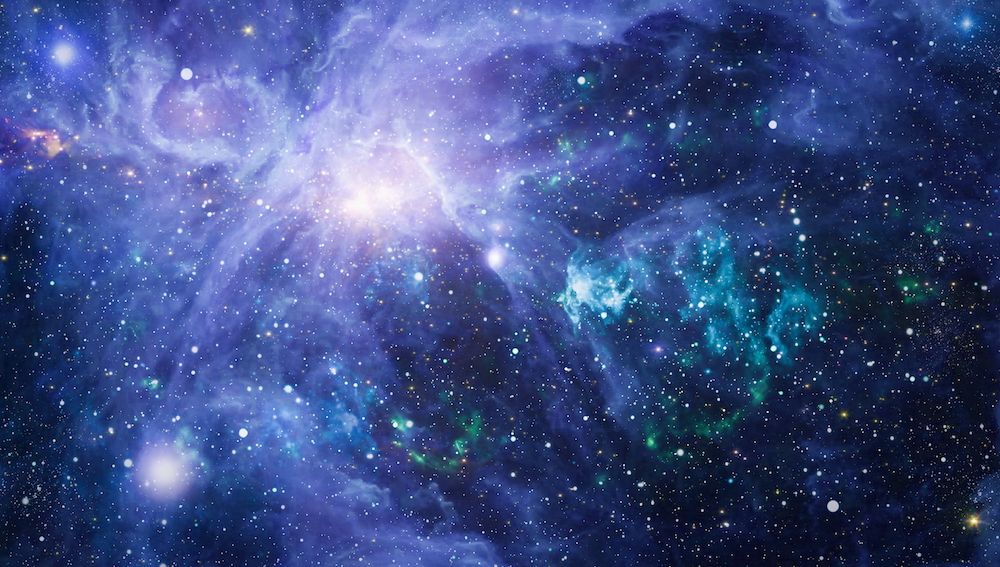For about 100,000 years, since “fully modern humans” emerged from Africa, we humans have been as we are—tribal, self-centered, and with brains, minds and cultures dominated by the unparalleled adaptive strategy of symbolic thought.
Now, as the fragmentation of the earth and humanity by the unwise use of conscious thought reaches the breaking point, pressure increases tremendously for a transmutation of the human species. Is that possible? Yes, since our brains have been exapted for insight. There can be an explosion of insight, a psychological revolution, which will allow us to survive and thrive as a truly intelligent species.
That a single species has the power to decimate the planet that gave rise to it is an existential mystery, and poses a question about the evolution of consciousness itself. How did nature evolve a species that separates animal and plant species from the seamless wholeness of the earth’s ecosystems to the breaking point, and in so doing, fragments itself to the breaking point?

The universe unfolds in immeasurable levels of order, which science will never completely discover and render into knowledge. One species alone, at least on this planet, is generating increasing degrees of fragmentation and disorder. Something has to give, and it won’t be nature.
Many take false refuge in the idea that humankind is unimportant, an infinitesimal speck on a speck in space. But the very fact that humans evolved along with all other life, yet are bringing about the Sixth Extinction in the history of life on Earth, begs the question: What is the place of cognitively complex and technological species in the universe?
Often so-called religious people insist that the previous five extinction events (defined as “sharp decreases in the number of species in a relatively short period of time”) mean that nature is destructive, so we shouldn’t expect man not to be. Does one really need to point out that there is a vast difference between a natural event and one caused by an allegedly sapient species?
Conventional atheists and New Agers echo the refrain that humans are insignificant, and that our destructiveness is evidence that life is a chance event against a background of chaos.
But chaos does not exist in the universe, except after the evolution of man and creatures like man in the universe. Order flows out of order. The universe did not begin in chaos, but in silence and order. There is no such thing as chaos the cosmic sense, just different degrees of order and complexity. Chaos is the outcome of the disorder generated by thought.
Certainly we humans are not unique and alone in the universe. So why does the emergence of symbolic thought generate fragmentation and chaos?
Our self-understanding as a species cannot wait until astrobiologists confirm that the emergence of life is nearly as much a property of the universe as the formation of planets. Astronomers have discovered thousands ‘exo-planets’ orbiting distant suns, a few in ‘habitable zones’ probably with water, like Earth. And the recent landing of another mission to Mars may discover that life evolved there independently in the distant past, thereby confirming that life is as common as liquid water in the universe.
In the lifetimes of many people alive today, astronomers will probably discover that rudimentary (single celled) life is quite common in the universe; multi-cellular organisms are quite uncommon; and sentient, potentially intelligent species such as man, are rare. Many people believe that we’ve already been contacted by extraterrestrials, and that they ‘seeded’ human civilization, or are about to invade.
That’s very unlikely. We may be being watched, but my hypothesis is that all sentient life passes through the same crisis of consciousness that humankind is presently experiencing. Those potentially intelligent species that emerge from the crucible have neither the capacity for inter-species conflict, nor the desire to interfere with the process of conscious transmutation in sentient species on other planets.
If science discovers that life has emerged twice in our own small solar system — say, on Mars, or under Saturn’s ice-crusted moon Enceladus — it would mean that life is abundant in the universe. Of course that still leaves the question of sentient life like humans, but the probability that there are no other creatures of symbolic-thought and advanced technology in our galaxy alone then drops to nearly nil.

With respect to the Fermi Paradox (“Where are they?”), it may well be that there is a “prime directive,” and every potentially intelligent species is completely responsible for its own transition from symbolic thought’s fragmentation, to intelligence and basic harmony with nature and the universe.
The brain that gave rise to religion and science is the same brain that pits the religious mind against the scientific mind. However neither science nor organized religion can solve the human crisis, because both are the product of the dualistic consciousness of thought.
Nature is the ground of our existence and continuation as a species. As individuals, a relationship to nature provides a mirror to one’s mind, which is the mind of man.
An experiencing of the immeasurable, immanent wholeness and holiness of the universe occurs when one has at least a moment of communion with nature every day. Then one glimpses, beyond words and knowledge, our place in the universe.
Martin LeFevre
lefevremartin77 at gmail.com

